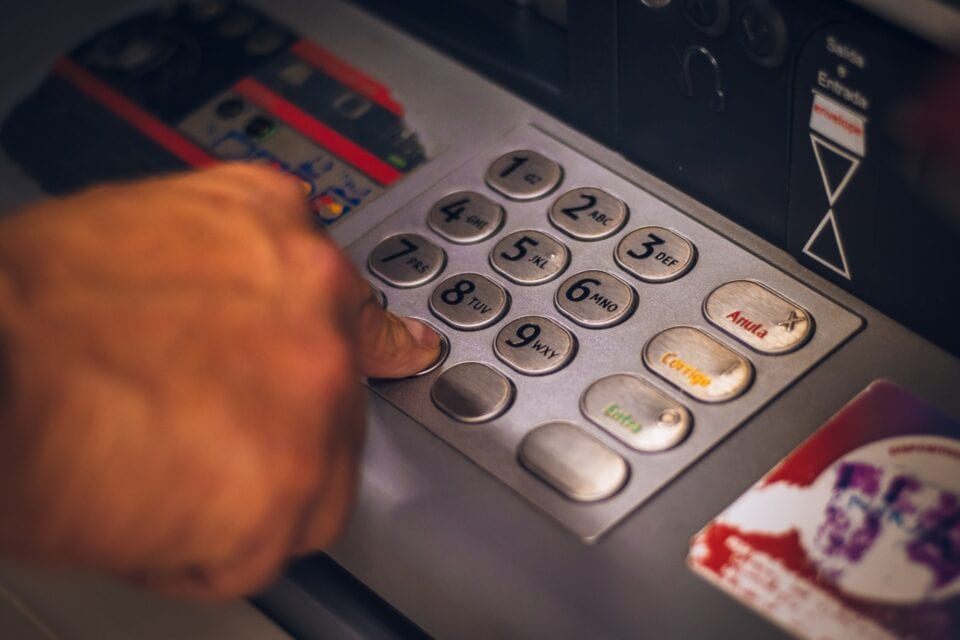Banking in Spain is more or less the same as banking all over the EU, with most banks having the facility to offer mortgages and loans along with cheque accounts, credit cards, direct/standing order services and cash. Spanish banks, especially in tourist areas, will try to have at least one employee who speaks English. However, don’t depend on this.
The main difference between banking in Spain in comparison to other countries is the levels of fees. Spanish banks have lots of fees and they are some of the highest in the EU. These fees could be for having a debit card, making transfers, or for sending out a bank statement each month. Try to check what is available from a few banks and negotiate with them; tell them what you are looking for, they all want your business.
The terms and conditions on each account should be fully understood when opening an account. A bank assistant can explain the fees to you but make sure you see everything in writing. Don’t take someone’s word for it, this can bring some nasty surprises later on.
The banks in Spain are split into 2 categories :
-
- 1. Commercial banks, which are traditionally used for current accounts, credit cards, and mortgages.
-
- 2. Cajas, which were used traditionally by the Spanish for saving. During the boom years, these Cajas lent huge amounts of loans and are a major problem for the current Spanish economy. The Spanish government has decided to force most of the Cajas to be amalgamated as a part of the restructuring of the banking system.
Mortgages can be very difficult to come across in the current market but if you are buying a property in Spain and looking for a mortgage in Spain, seek out a very good lawyer to check everything in the contract, trying to avoid future surprises.
Another difference with banking in Spain compared to banking in most other countries is related to payments (including direct debits) from your account. Although the bank will process the payments, you will have up to 56 days to cancel these payments. This is because banks in Spain do not send the payment straight away, therefore, this gives you the option of requesting any payments to be returned to your account.
For international clients, there are 2 different types of accounts available:
- Cuenta para residents (Account for residents)
- Cuenta para no residents (Accounts for non-residents)
The type of account available to you depends on your tax status. If you spend more than 183 days a year in Spain, you will be considered a resident for tax purposes and therefore, you can have a bank account for residents (cuenta para residents). Bank accounts for residents have lower fees.
To open a bank account in Spain, you will need:
-
- 1.NIE for residents. Valid passport or country ID for non-residents
-
- 2.Proof of address (Property ownership or rental contract)
-
- 3.Some money to make the opening deposit
Some Spanish banks will still give you a bank book or ‘libreta’ when you open an account but this system appears to be phasing out. Most Spanish banks have very good e-banking services, many have options to change the language, however, if you need your Internet banking in English, make sure the bank you choose can offer this service.
There are several international banks that are starting to gain ground in the Spanish banking sector in recent years, among them ING, Deutsche Bank, Citibank, and Barclay’s.
A few words of Spanish could go a long way and make the experience a more pleasant exchange. We have prepared a few words and phrases that may be of use to you if you are banking in Spain.
- Card = Tarjeta
- Mortgage = Hippoteca
- Insurance = Seguros
- Account = Cuenta
- Transfers = Transferencias
- Statement = Extracto
- Account balance = Saldo Contable
- Balance available = Saldo Disponible
- Resident account = Cuenta para residentes
- Non-resident account = Cuenta parano residentes
- Deposit = Ingreso
- Withdraw = Sacar dinero
- Exchange = Cambio
- Lost card = Perdido de tarjeta
- Commission = Comisión
- Fees = Honorarios
